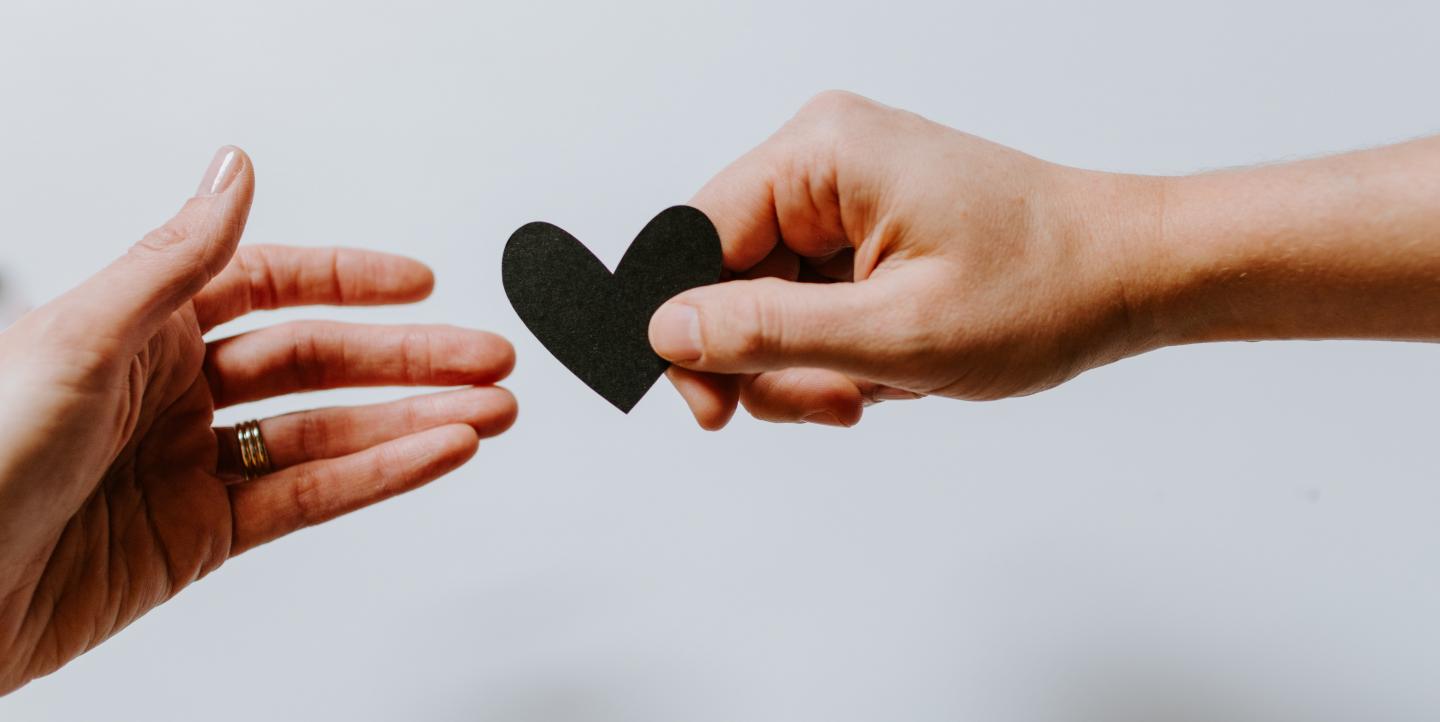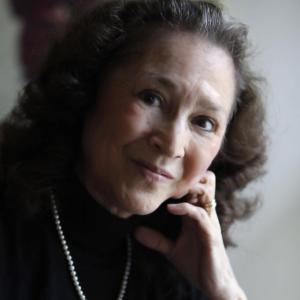Veteran reporter Adie Vanessa Offiong was working on a story about the maternal health challenges Nigerian women faced during the COVID-19 pandemic. One of her sources was a mother, pregnant with twins, on the verge of financial ruin.
She and her husband recently lost their jobs. They had a three-year-old son and were being threatened with eviction. After the interview, Offiong contemplated sending money to help the family, but was well aware of the ethical issues.
Should journalists provide financial assistance — or any other help — to people they are reporting on? Would it look like she was paying the woman for cooperating? Could it set a bad precedent?
[Read more: Kenyan organization The CARROT Co. merges advocacy and journalism]
Bearing witness and truth telling demand the highest ethical standards, but this was a gray area.
Offiong, an award-winning freelance journalist, organized a webinar to explore the questions she was facing, which was broadcast on June 9 from the Nigerian capital of Abuja.
Panelists included myself, a global media trainer; Bishop Matthew Hassan Kukah, head of the Catholic diocese of Sokoto; Motunrayo Alaka, executive director of the Wole Soyinka Centre for Investigative Journalism, and Jeff Lowenstein, founder and executive director of the Center for Collaborative Investigative Journalism (CCIJ).
Offiong served as moderator for the program, sponsored by the Black Banana Media and Development Initiative, which she founded and directs.
“This is a challenge that many journalists who report humanitarian issues face: should we offer monetary assistance or other forms of aid to people we interview when they are in need of help? Some of us have done so, and some of us have not,” said Offiong. “A lot of the decisions we make in this regard border on respecting the ethics of the profession versus our compassion and humanity.”
[Read more: Impact-driven journalism during the pandemic]
Reporting on suffering caused by COVID-19 has made this more difficult, said Offiong, whose highly humanized stories often spotlight vulnerable populations.
Historically, journalists have frowned on giving money or gifts to sources. The principle holds that any payment or favor could be seen as a conflict of interest, and a threat to the credibility of the information and the public trust.
“Journalists have a better chance of getting results if they come with clean hands, hence the ethics of truthfulness, accuracy, fairness, public accountability and humanity. These are all critical for the journalist and the media if we are to play our role in society effectively,” said Alaka.
On the other hand, advocacy journalists would argue that making the effort to help improve or even save lives is also important, especially in countries where poverty and marginalized communities are common. In Nigeria, for instance, child beggars were at the heart of the COVID-19 outbreak.
“A good life is what we all aspire to, and government is meant to make that happen. When those entrusted with this duty fail, journalists fill in the void by giving voice to the unacceptable conditions of the voiceless,” said Bishop Kukah. “The journalist, when the opportunity presents itself, should do more than report the story. They should take advantage of their voices, access to those in power to push for changes that their reports highlight.”
During the webinar, it came up over and over again that our responsibilities as media professionals and as human beings can be in conflict. Humanitarian reporting, by its very nature, can result in a clash of moral and ethical duties.
Finding a balance isn’t easy, but journalists need to be willing to live with that tension, respecting both their duty and humanity — and the humanity of their subjects.
“When on the job, the journalist must act first as a professional,” said Alaka. “But the person’s commitment and connection to humanitarian issues and patriotism are forces that cannot be ignored."
“Follow your conscience, follow your heart and follow your humanity,” I added. But always respect hard ethical lines. “If a source asks to be paid for an interview, walk away.”
That doesn’t conflict with our professional standards. It makes us better journalists.
And when ethical questions like this arise, follow in Offiong’s footsteps. Convene a group of trusted allies.
“You need to feel comfortable within yourself,” said Lowenstein. “It helps to have a number of trusted people with whom you can talk about the tough and murky [ethical] decisions that almost inevitably arise.”
To help resolve her quandary about sending money to the destitute family, Offiong discussed in-depth with Lowenstein, who she knew through CCIJ. She ran it past her colleagues.
They all affirmed her decision: it was fine to offer a helping hand as an act of kindness to fellow humans down on their luck.
Main image CC-licensed by Unsplash via Kelly Sikkema.


